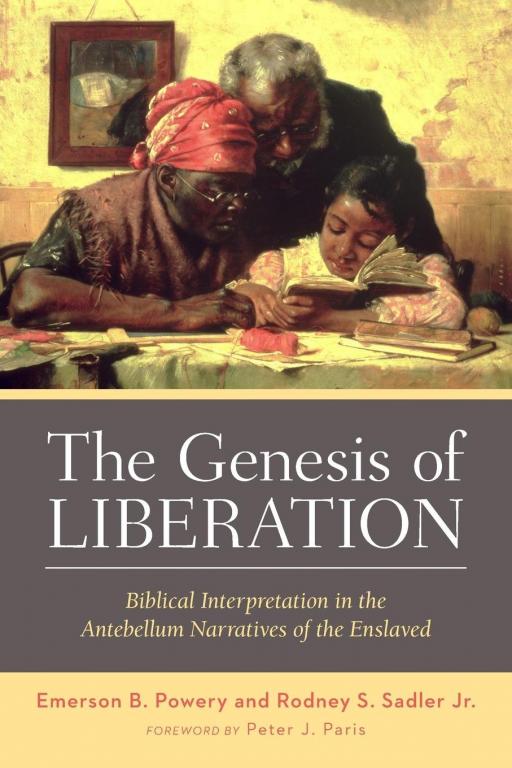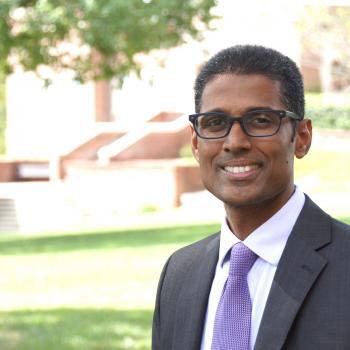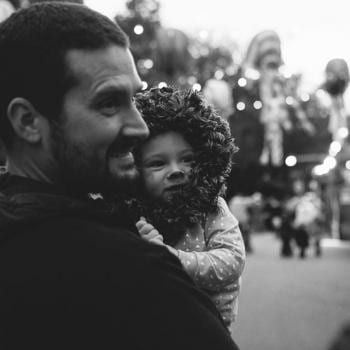This blog series spotlights 50 NT scholars and their research. The goal of this series is to introduce readers to a wider circle of scholarship than they have encountered before. The majority of people on this list are early or mid-career NT scholars who are doing great research and writing.
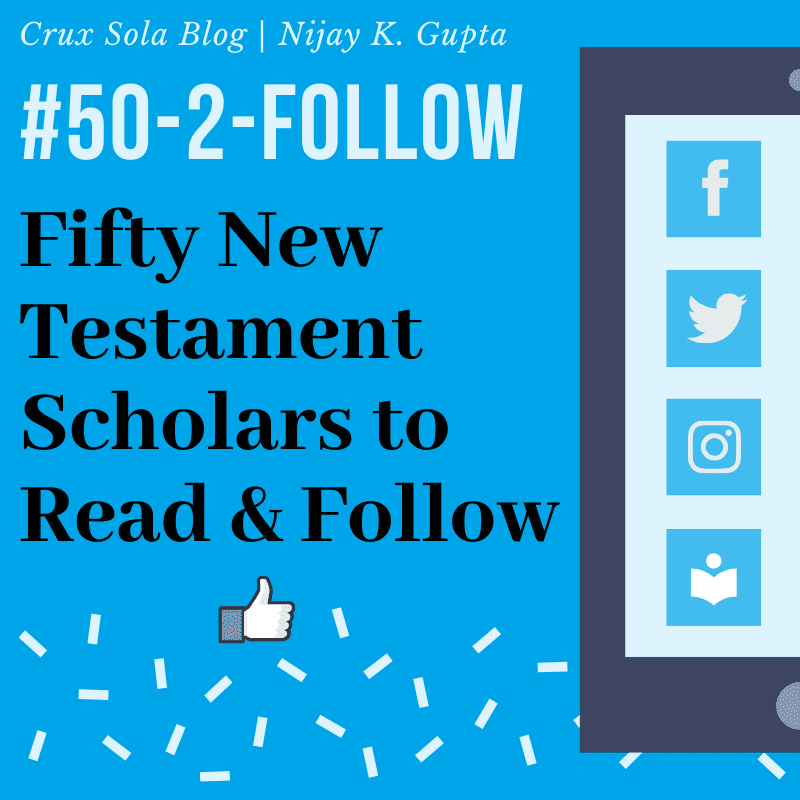
Introducing
Dr. Emerson Powery
Professor of Biblical Studies
Messiah College
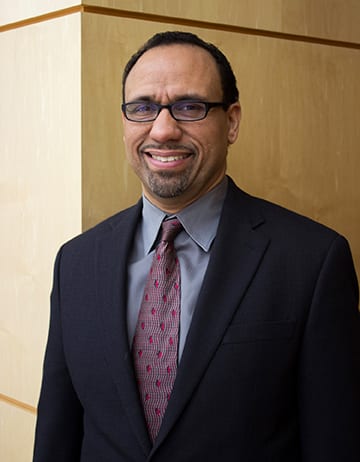
Explain why you love teaching and/or writing, and why it brings you vocational satisfaction.
I love the engagement of the classroom. Part of my goal is to help students think deeply about themselves as readers – their experiences, their traditions, their theologies, their ethnic identities – and how they interpret in light of those characteristics. It is a struggle for many of us to recognize the lens we bring to the interpretive task; it is my privilege to participate in that intellectual struggle.
What is one “big idea,” emphasis, or theme in your scholarship that you hope impacts the way students and scholars read and understand the NT?
The Bible cannot “speak” for itself. The Bible needs interpreters. The best interpreters, in my opinion, are those who are becoming more and more mindful of their own ethical responsibilities when providing interpretation from ancient texts that have theological histories attached to them. I hope that my scholarship contributes, in some small way, to this larger conversation.
Who is your academic hero?
Name 3 NT or Biblical Studies academic books that were formative for you as a student.
Cain Hope Felder, ed. Stony the Road We Trod: African American Biblical Interpretation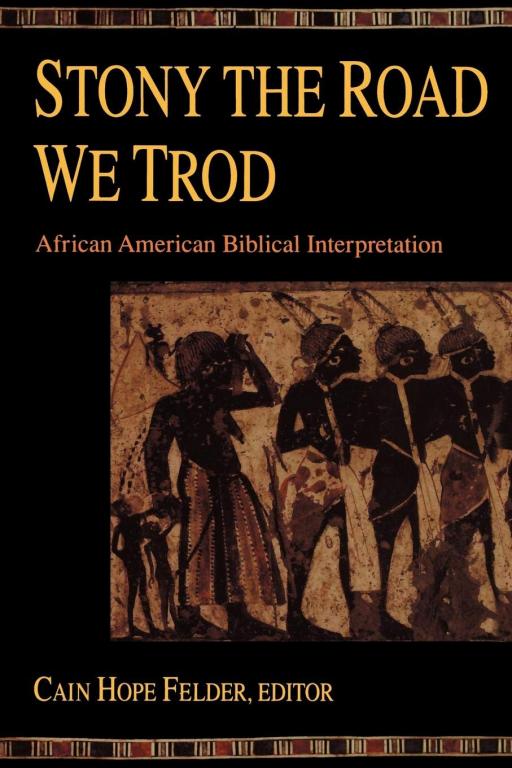

R. S. Sugitharajah, ed. The Postcolonial Bible
H. G. Gadamer, Truth and Method
Read Powery’s Books
[NKG: This is a “must-have” resource!]
If you ran into me at SBL, and you didn’t want to talk about New Testament studies, what would you want to chat about?
Baseball, coaching little league baseball, raising four sons, and Texas Hold’em (I have a great poker face!)
What is a research/writing project you are working on right now that you are excited about?
Listening to the “Good Samaritan” through its later voices, especially Luke, Augustine, Howard Thurman, Harriet Jacobs, and the Solentiname community.

